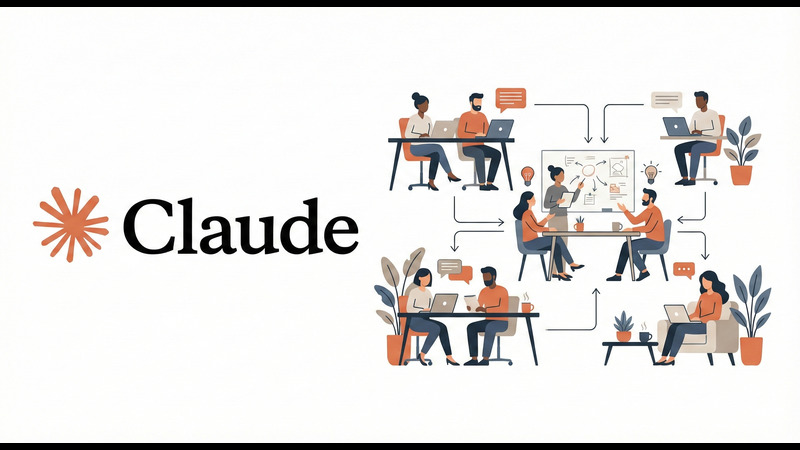OpenAI, the research organization co-founded by Elon Musk and others in 2015, recently published a new version of its research roadmap, titled “OpenAI’s Charter, Mission, and Roadmap for AGI.” The 42-page document outlines OpenAI’s vision and strategy for achieving artificial general intelligence (AGI), a form of AI that can perform any intellectual task that a human can.
While the document is rich in detail and ambition, it also raises some questions and concerns about the nature and consequences of AGI. In this blog post, we offer an alternative reading of OpenAI’s manifesto, based on our own perspective and expertise in AI and ethics.
First of all, it’s worth noting that OpenAI’s definition of AGI is not uncontested or universally accepted. Some AI experts argue that AGI is an ill-defined and unrealistic goal, given the vast complexity and diversity of human intelligence. Others warn that AGI could pose existential risks to humanity if it surpasses human control and comprehension.
That being said, OpenAI’s roadmap provides a clear and coherent narrative of how the organization plans to advance AI research and development towards AGI, through a combination of technical breakthroughs, strategic partnerships, and social responsibility. The document emphasizes the importance of collaboration, transparency, and safety in AI, and acknowledges the potential risks and challenges of AGI.
However, we suggest that there are at least three other ways to read OpenAI’s manifesto, which could enrich the debate and inform the research and policy agenda of AI more broadly:
- From a diversity and inclusion perspective: OpenAI’s roadmap acknowledges the need to promote diversity and inclusion in AI, but it could be more explicit and concrete in its commitments and actions. For example, the document could include specific targets and metrics for increasing the representation and leadership of women, people of color, and other marginalized groups in AI research and industry. It could also address the ethical and social implications of AI biases and discrimination, and propose remedies and safeguards.
- From a global and geopolitical perspective: OpenAI’s roadmap is largely focused on the US and its allies, but it could benefit from a more global and inclusive perspective on AI research and governance. For example, the document could engage with the challenges and opportunities of AI for developing countries, and explore ways to promote international collaboration and cooperation in AI. It could also consider the impact of AI on geopolitical power dynamics, and propose strategies to mitigate potential conflicts and asymmetries.
- From a long-term and value-driven perspective: OpenAI’s roadmap is oriented towards achieving AGI within a relatively short timeframe (decades), but it could benefit from a more reflective and deliberative approach to the fundamental questions of what kind of AI we want to create and for what purpose. For example, the document could engage with the ethical and philosophical dimensions of AI, and explore different value systems and priorities that could guide the development and deployment of AI. It could also encourage broader public dialogue and participation in AI governance and policy-making.
In conclusion, OpenAI’s latest manifesto is a significant contribution to the ongoing debate and progress in AI research and development. However, it could be read and interpreted in multiple ways, depending on one’s perspective and values. By engaging with these alternative readings, we can enrich the conversation and steer AI towards a more inclusive, responsible, and value-driven future.



